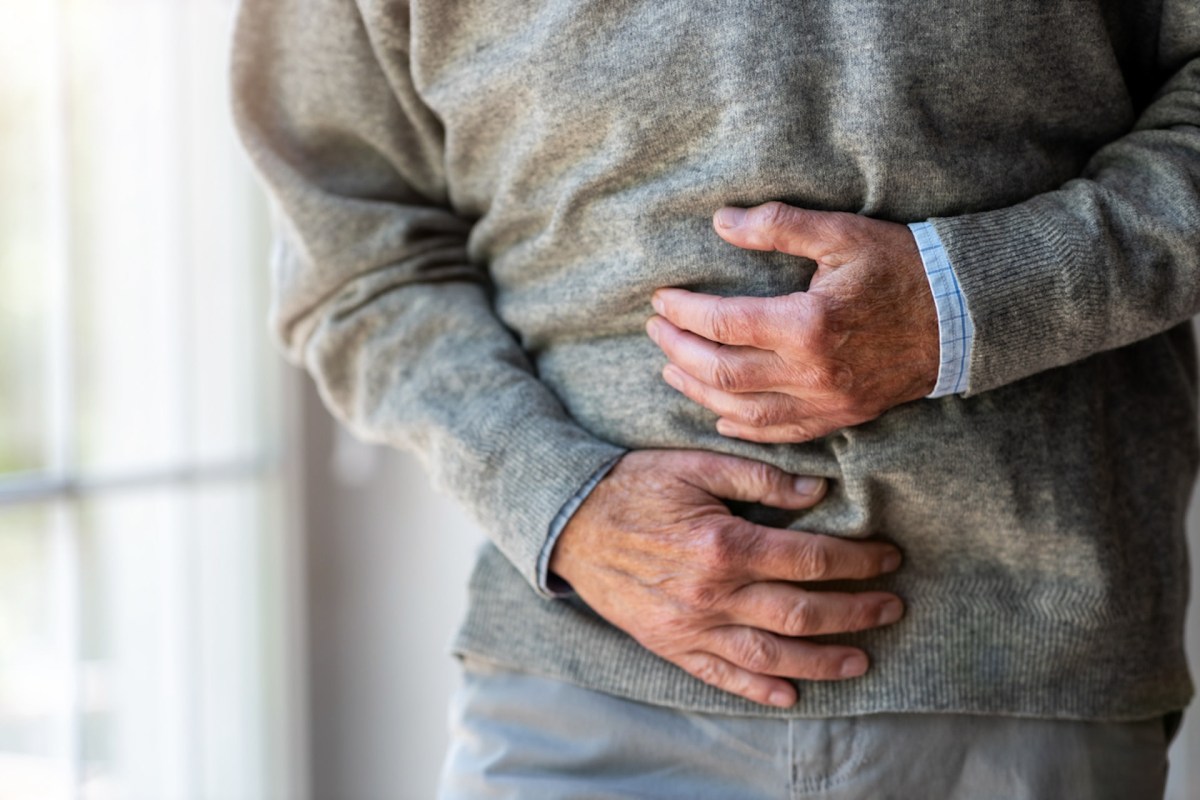New research about our overheating planet and aging has drawn some interesting conclusions about their relationship — and it goes through our guts.
While the cadre of biology and nutritional experts who penned the research acknowledges that the evidence linking environmental changes to aging health problems is "sparse," the findings at least indicate that the heat-trapping air pollution we churn out each year may be harder on our health as we grow older than we thought.
What's happening?
The problem starts in the soil, where hotter weather — our world has warmed about 2 degrees Fahrenheit since 1850 — impacts how microorganisms grow in the dirt and, in turn, our stomachs, according to a research summary from News Medical Life Sciences.
"The loss of soil biodiversity due to a reduction in the number of soil microbiomes can subsequently deplete the human gut microbiota. Low organic content in soil can reduce the quality and quantity of micronutrients in crops, which in turn can impair the normal functioning and metabolism of gut microbiota," wrote Dr. Sanchari Sinha Dutta. She penned the research summary for News Medical, though she was not part of the research team.
The researchers published a triangle-shaped diagram in ScienceDirect that outlines the relationship between the climate, our guts, and our aging. The connection between our warming world and gut microbes has been "explored," as well as the relationship between gut microbes and aging.
More research needs to be completed on the direct relationship between hotter weather and our aging process, which is little explored, per the research report.
But evidence shows there's an "association" between warming and our aging health, through the gut.
Why is it important?
Gut-dwelling microorganisms are key to our "physiological and biochemical function," the research team wrote in their paper, posted in ScienceDirect.
Disruption to the natural process, per the experts, could impact skeletal muscle, metabolic function, and even weight gain, among other health factors that contribute to whether we age enjoyably.
The News Medical report notes metabolism and immune system health as part of the list. The lab reports are extensive, noting studies on fatty acids, low-grade inflammation, and even how belly microbes communicate with the brain (yes, there's a gut-brain axis).
Even though the research is incomplete for now, the authors of this study have opened the door to a concerning possibility about a process none of us can avoid.
"More solid evidence is needed to complete the puzzle, such as observing the effect of various components of climate change (not only temperature, but also the quality of the air and humidity) on the gut microbiota and aging domain," the researchers wrote in ScienceDirect.
How can I enjoy healthier aging?
Learning about the products we put in, and on, our bodies can help us to make healthier choices. Sunbathers, for example, can avoid five pounds of chemicals in 10 years by switching to a cleaner sunscreen option.
Simply changing the way you use and store cleaners, soaps, and other common products can reduce waste, promoting a healthier planet. You can save hundreds, or even thousands of dollars over time, by making a few easy changes, like switching to long-lasting bar shampoo.
Even planting trees, and spending time around them, could extend your life, experts suggest. Promoting the expansion of urban green spaces is another way to help.
Join our free newsletter for weekly updates on the coolest innovations improving our lives and saving our planet.









